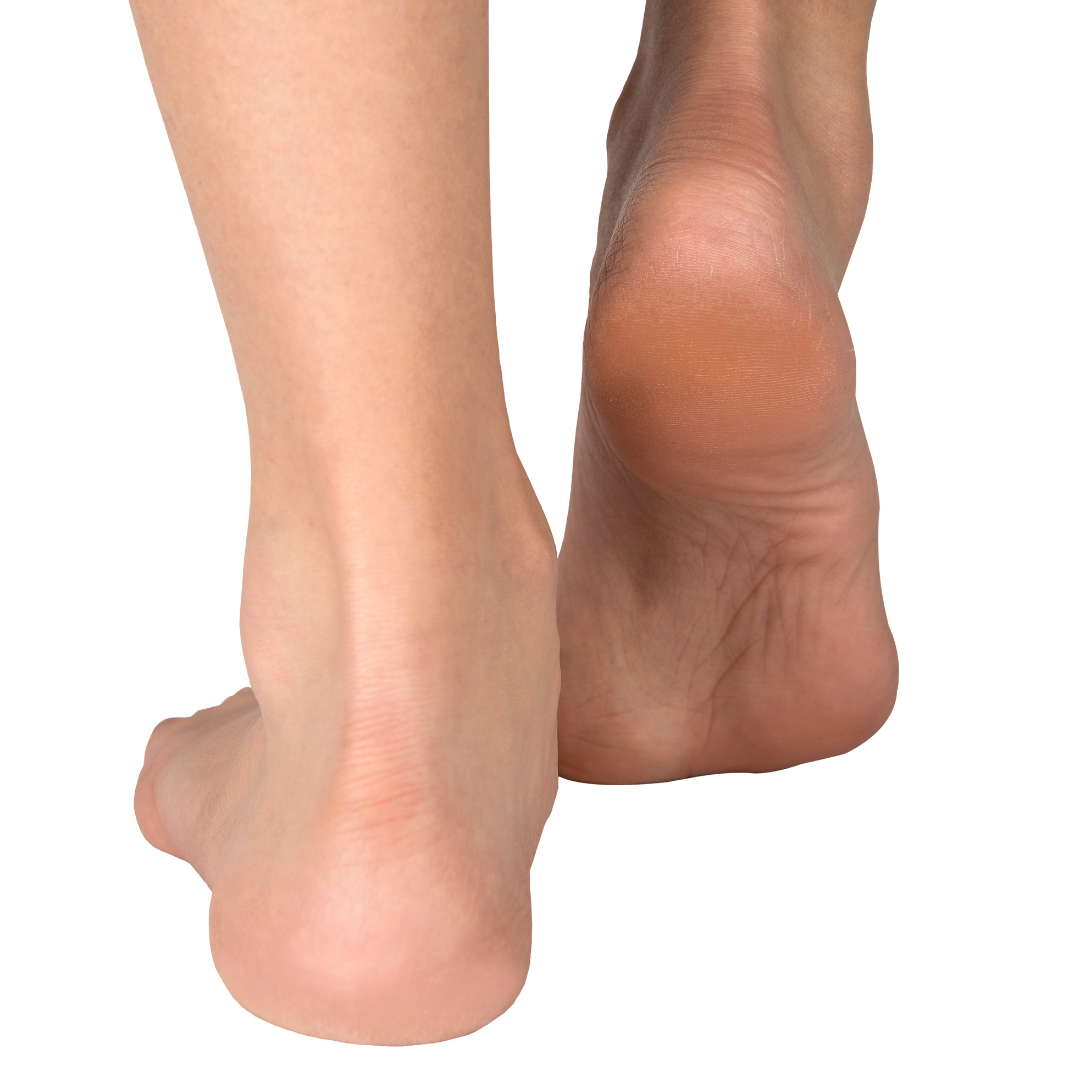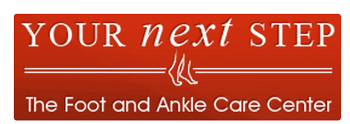
Foot problems can affect anyone, female or male, old or young, but it’s women who most commonly experience issues with their feet. At their office, Dr. Eric Ricefield, Dr. Mark Yagodich, Dr. Aliza V. Eisen, and Cassandra Stache, DPM of greater Philadelphia’s Your Next Step Foot and Ankle Care Center see cases of women with foot pain who are also reaching menopause. So today, they’re sharing information regarding how it can affect your feet.
Menopause typically occurs between 45 and 55 and is accompanied by significant changes in mental and physical well-being resulting in a multitude of issues, including foot problems. The following are just a few.
Weight Gain and Posture Changes: Changes in hormones often lead to weight gain, particularly around the thighs and abdomen. The extra weight puts your lower limbs under added pressure. Muscle mass also diminishes during menopause, leading to changes in posture as it forces you to move and stand in an unnatural way.
Reduction in Oestrogen: This hormone contributes to good hair, nails and skin health, and it helps reduce inflammation, maintain energy levels and bone density, and regulate cholesterol levels. During menopause, levels of this essential hormone start to drop considerably, and the effects are extensive.
Reduced Collagen Levels: Bones, muscles, tendons, ligaments, and skin all contain collagen, which provides support, flexibility, and strength. It’s also an essential ingredient in the healing process and helps with the function of several organs. Reduced levels of collagen have effects that reach throughout the body, including the feet.
These issues result in a number of conditions, including the following.
Corns, Bunions, and Blisters: Misplaced pressure in your feet can lead to uncomfortable corns, blisters, and bunions.
Diminished Cushioning: The soles and balls of your feet are cushioned by a heavy pad of connective tissue, which protects the joints and bones from friction and pressure. A lack of collagen thins the tissues and skin causing them to lose the protective padding. This leads to walking on your bones, which is extremely painful.
Osteoporosis: This condition tends to affect women much more than men, as oestrogen is essential for bone density and strength. Eventually, lower levels weaken the bones, making them easy to break.
Heel Pain: Lack of elasticity stresses the ligament, causing inflammation. The Achilles tendon can be affected in much the same way, resulting in Achilles tendonitis. In both these cases, the result is an exceptionally painful heel.
These are just some of the problems that can arise, but the right footwear, diet, and exercise can help greatly. The team at Greater Philadelphia’s Your Next Step Foot and Ankle Care Center are here to advise and support you. You can click here to locate contact information for the office nearest you to book your appointment.
